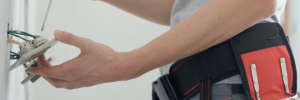Learn About Different Types of Fuses and How to Use Them
Fuses are small but powerful electrical components that ensure that if a device fails, the circuit is broken and permanent damage is avoided. Selecting the correct fuse for each device is critical to the proper functioning and safety of electrical circuits. Since there are so many types, let’s take a look at some of these types and what they should be used for.
Bottle Fuses
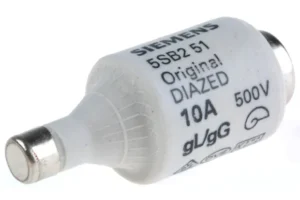
Bottle fuses are mainly used for European household appliances and light industrial environments, especially for PLC and CNC control panels.
These fuses are named for their unique bottle shape. The different sized ends ensure that the wrong fuse is never inserted into the device as the adapters are designed inside the devices themselves to fit. Only fit for bottle fuses.
Cartridge Fuses
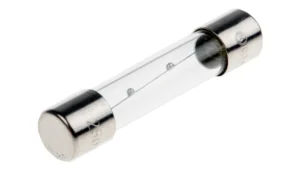
Cartridge fuses are typically used for household appliances, particularly those that operate with a high, sudden flow of current.
Because of their robustness, cartridge fuses are recommended for equipment on circuits rated at 30 amps and above and 240 volts, with cartridge fuses up to and including 60 amps and knife edge cartridge fuses for use in equipment between 60 amps and 600 amps.
Compact Fuses

Compact fuses are ideal for use in single and three-phase commercial and industrial systems.
This type of fuse is available in a variety of amperes and voltages, making it extremely versatile for this type of installation.
Consumer Unit Fuses
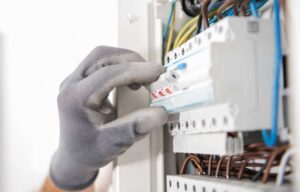
As the name suggests, this type of fuse is best suited for domestic consumer units and other single phase installations with fault levels up to 16kA.
Just like molded case fuses, consumer appliance fuses come in a number of amperes to suit your specifications and typically carry a voltage of 240V.
Cut Out Fuses
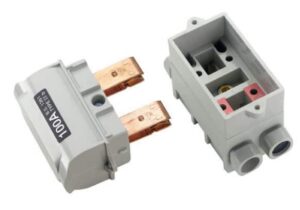
A shutdown is a protective device that protects distribution transformers from voltage spikes that can cause an overload and permanent damage to the circuit.
Isolation fuses are used in single-phase or three-phase household disconnects and other similar installations.
Plug Top Fuses
Plug-top fuses are a type of fuse that most of us are more familiar with. They are used, as the name suggests, to protect circuits in household sockets, but may also be used in some single-phase installations where appropriate.
Slow Blow Fuses
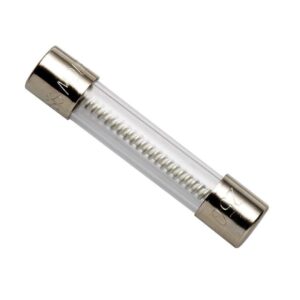
Slow fuses are designed for slightly more specific applications including instruments, motors and small appliances.
Sometimes referred to as a time delay fuse, this fuse will pass more than the rated current, but only for a short time without blowing the fuse. This allows the fuse to be used during a brief electrical overload, such as when starting an engine.
A unique feature of slow-blow fuses is that they are made of glass. This is due to the fact that glass has a low breaking and rupture capacity, therefore it can withstand the pressure of temporary overloads.
FAQs about Fuses
Q: Which type of fuse do I need for my home appliances?
A: Glass tube fuses are suitable for most household appliances like microwaves and TVs.
Q: Can I replace a fuse with a higher current rating?
A: It’s not recommended. Fuses are designed to protect your circuit at specific ratings. Using a higher-rated fuse can lead to damage.
Q: How do I know if a fuse has blown?
A: Inspect the fuse for a broken filament or a discolored appearance. You can also use a multimeter to check for continuity.
This is just a selection of the many types of fuses that are used in the electrical trade, if you’re looking for a few more options, you can find them in our range of fuses here. Alternatively, if you’re interested in a brand-new setup, you can shop on a full range of Consumer Units and associated Accessories to find exactly what you need.
Turn to Poss Electric for Your Fuse Needs
As you can see, there are many different types of fuses to help you get the connection you’re looking for, and if you need any assistance finding the right fuse or learning about how fuses work, you can always turn to Poss Electric. We’re proud to carry a great selection of fuses for your next electrical project. Contact us today and let us know how we can help you with your electrical needs, or request a quote online for any of our products!


